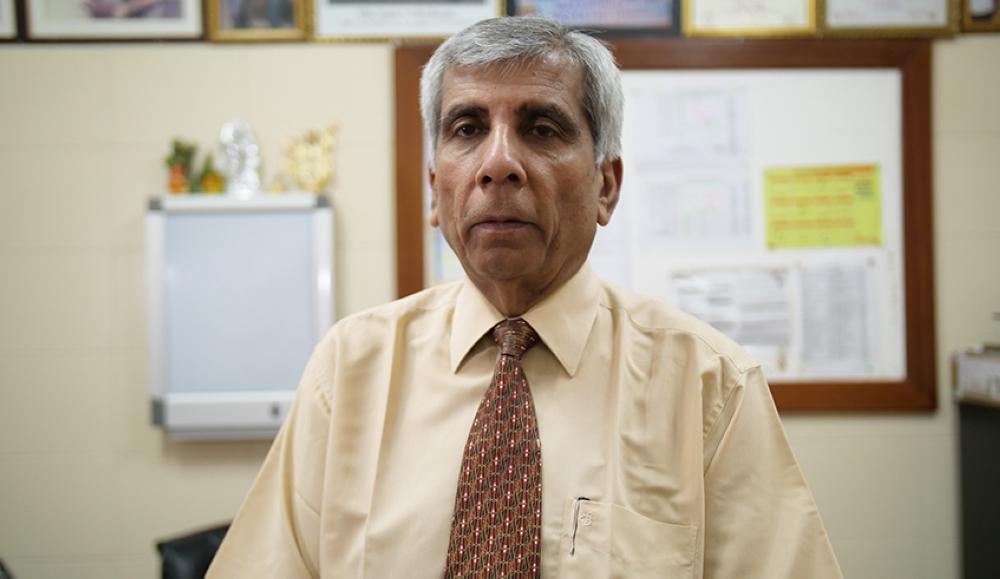Africa-Press – Rwanda. Preparations for the regional Non-Communicable Diseases (NCDs) gathering due this week, Thursday, at the Kigali Convention Centre have gained momentum, organizers have said.
The forum, which is a high level public health gathering, is expected to convene over 500 participants including policy makers, Non-governmental organizations, advocates, academia, physicians as well private sector players.
It is the first of its kind in the region, thanks in part to Rwanda’s “model approach” in tackling NCDs.
But what is it that all these people will be gathering to do in Kigali, and how important is it?
According to organizers, the forum will run under the theme “Shaping an East Africa free of NCDs through people centered interventions and transformative development.”
Kaushik Ramaiya, Board Member of the NCD global Alliance argues that although the region is doing reasonably well with tackling infectious diseases due to significant resources being invested,
“NCDs have not managed to attract such resources,” adding that regional countries encounter the worst impact because, “We are having a double burden of diseases both infectious and non-infectious.”
Ramaiya, who is also Director at Tanzania National Alliance believes, more is needed to be done beyond governments realizing the burden.
“Yes, the governments have realized the burden, albeit late. However, the challenge has been resource mobilization, multi stake-holders engagement and understanding the needs of people living with NCDs.”
“Prevention is the only way forward for us; we will not be able to afford care and treatment,” he said.
Case of investment
Ramaiya underscored the need for investment, particularly in the context of the Lancet NCD Countdown 2030 which highlights the need for $18 billion investment annually between 2023-30 for the most efficient package of interventions to meet UN Sustainable Development Goals (SDGs) targets.
NCD countdown informs policies that aim to reduce the worldwide burden of NCDs, and ensure accountability towards the aim.
“Amongst these investments, the case for investment in NCDs has never been stronger,” he said.
In particular, he added, most of the lower-middle-income countries are far off track to reach the target which calls for a one-third reduction in preventable NCD mortality, and UN SDG target 3.8, which calls for universal health coverage.
“Despite all the evidence, NCDs remain an insufficient priority in most LMICs, evidenced by a dearth of public financing.”
“This needs to change, and all stakeholders in the global health community have roles to play. The human toll of NCDs is unacceptable, inequitable, and increasing around the world.”
This, he said, is despite a heavy cost of inaction on select high-burden NCDs in low- and middle-income countries (LMICs) which is estimated at $7 trillion between 2011-25, equivalent to 4 percent of LMIC GDP.
At the level of the Afro-region, he pointed out, the burden of NCDs is on an increase in the AFRO region, citing that it would become a major contributor to overall mortality from 40 percent in 2010 to 55 percent in 2025.
At the two-day forum, Ramaiya highlighted the need for increased learning and knowledge among different stakeholders on the different innovative approaches in fighting NCDs.
“We are also looking forward to strengthened support networks within the EAC through joining the efforts and actions for better impact on NCDs in the country and region.”
For More News And Analysis About Rwanda Follow Africa-Press






